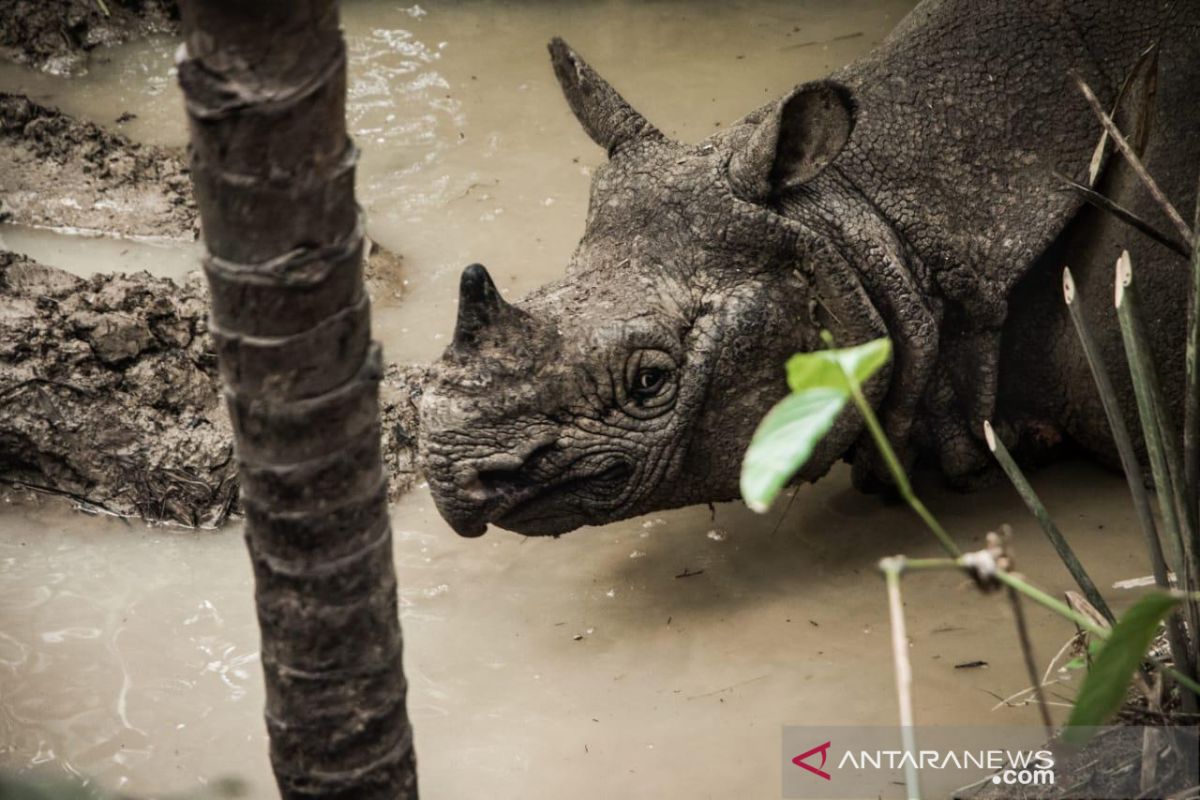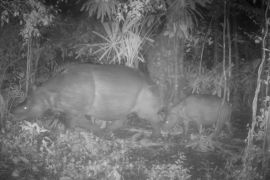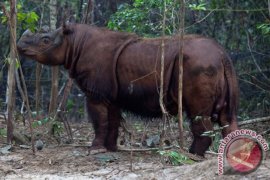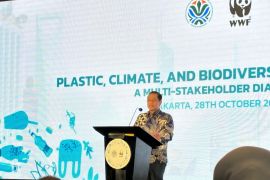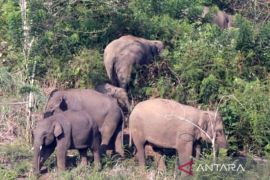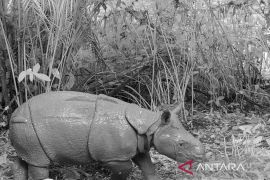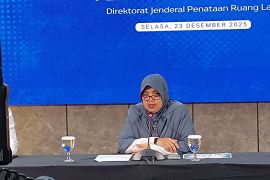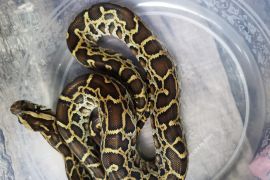Forestry Minister Raja Juli Antoni said the program aims to strengthen conservation efforts and help boost the Javan rhino population, which is now limited to a single habitat in Ujung Kulon National Park (TNUK), West Java.
“We will preserve their sperm and eggs in a biobank for future fertilization using assisted reproductive technology,” Antoni told an audience at Gadjah Mada University’s Faculty of Forestry in Yogyakarta.
He said the initiative would complement existing conservation strategies, which continue to prioritize natural breeding in the rhino’s native habitat.
“Along with improving their environment for natural growth, we are also preparing for IVF methods as an additional step,” he said.
Related news: Indonesia reveals critical decline of native rhino species
The plan also includes the translocation of Javan rhinos to safer areas within the national park to reduce risks from natural disasters and improve genetic diversity.
A male and a female are currently being moved to the Javan Rhino Study and Conservation Area (JRSCA) in Ujungjaya Village, Pandeglang District, a protected zone still within the park’s boundaries.
The operation is being carried out in coordination with the Indonesian Military.
Antoni said preserving the Javan rhino is a national conservation priority, not only because of its critically endangered status but also due to the environmental threats facing its only habitat.
He warned that the rhino population remains vulnerable to natural disasters, including a potential eruption of Mount Anak Krakatau, located nearby in the Sunda Strait.
Only around 80 Javan rhinos are believed to exist, making them one of the rarest large mammals on Earth.
Related news: Ministry claims Indonesia sole guardian of Javan rhinos
Translator: Luqman, Kenzu
Editor: Rahmad Nasution
Copyright © ANTARA 2025
